Energy Crisis in Asia and Europe: The Supply Chain Impact
Resilinc
MARCH 28, 2023
February 2023 saw supply chain struggles continue across Asia and Europe due to dwindling energy supplies, ongoing effects of COVID-19, high inflation, and more. Asia Energy Crisis Currently, both China and Pakistan are suffering a major energy crunch from dwindling energy supplies and high global gas prices.

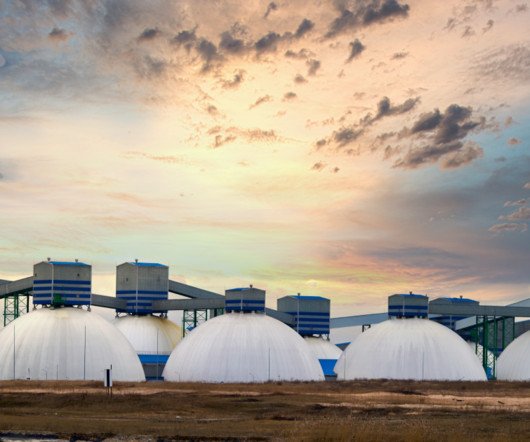
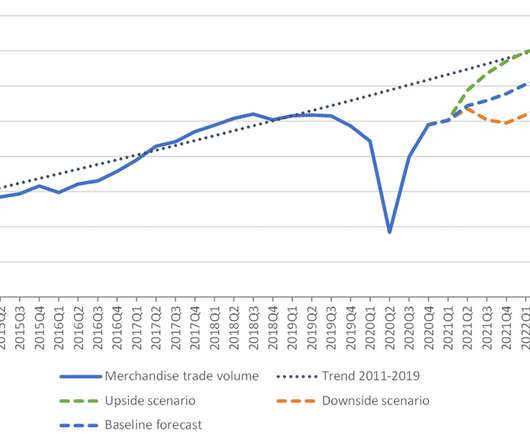

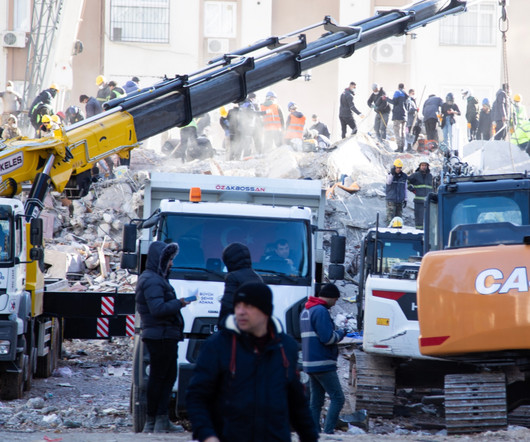
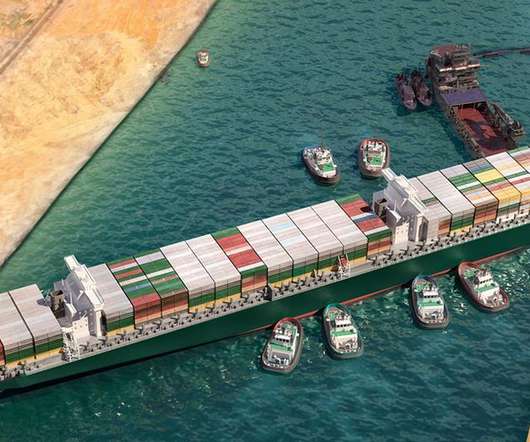
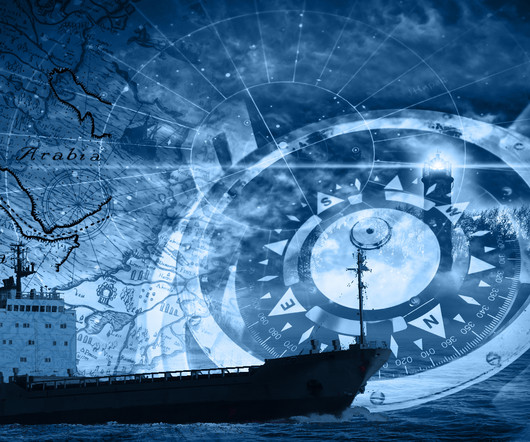










Let's personalize your content